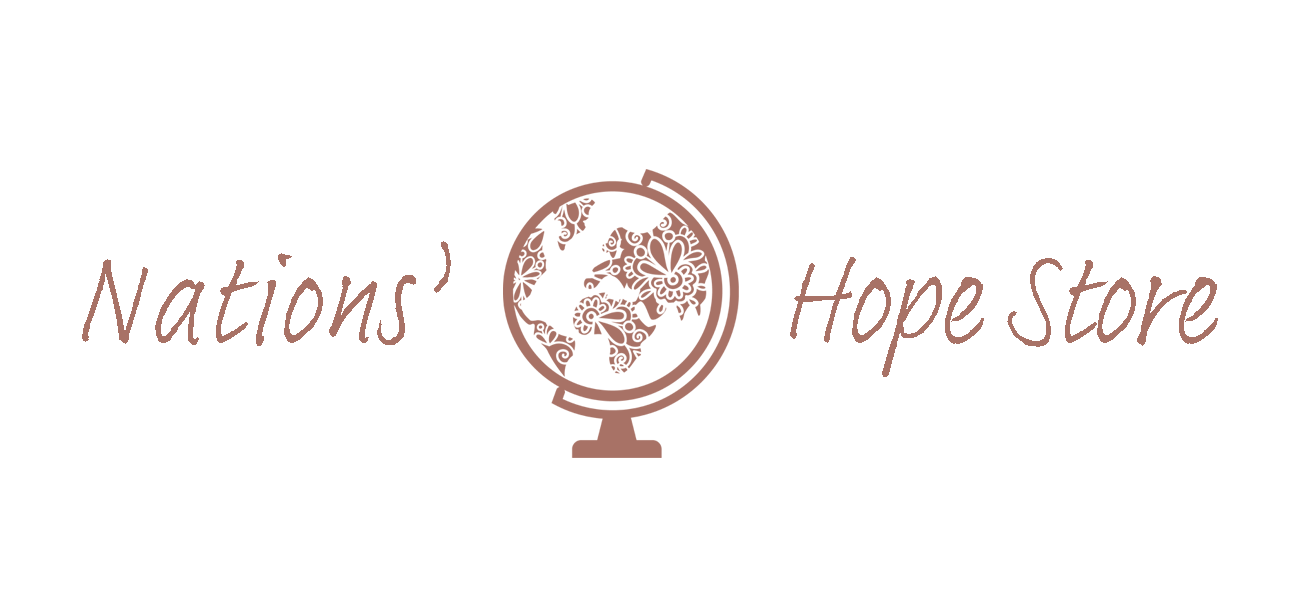Aruna
Birthdate: 1983
Aruna's mom is a field worker and her father died of brain problems at home when she was 20. Aruna has 1 sister and 2 brothers. As a child she went hungry most of the time but ate rice and curry when she did have food. One of her brothers has a kidney problem. Neither she nor her siblings ever went to school.
At age 21 she was married. Aruna's husband works in the fields both harvesting rice and cutting corn. He earns about $1 a day. They have 2 children ages 9 and 5 – sons, John Ratnam and Anil Kumar.
To get water, Aruna must walk to another village (about 1 km – 1 hour travel) every day. They live in a 1 room home with a mud floor and cook over a fire. The bathroom is outside. The boys have no toys.
Their greatest need is money to build a house and her greatest dream is that the house is made of stones.
It is often said, “If you feed a man a fish, you can feed him for a day, but if you teach a man how to fish, you feed him for a lifetime.”
We look for avenues to equip women and men in poverty with the opportunity to start a business of their own that can help them provide fortheir basic needs of food, shelter, and education for their families for a lifetime.
Their businesses also invest into large projects we are doing in their communities and throughout the world.
In 2012 we launched our first sewing microbusiness training, teaching 21 impoverished women how to start a sewing business of their own. Through donations from Proceeds for Poverty and other one-time gifts, we buy a sewing machine and iron for each trainee.
We train them in simple business principles and sewing skills that will help them begin a seamstress business in their communities and villages.
We also train them to make products for GPPD that we will give away for a donation. Once they earn a portion of the cost of their machines by making a few products for us, we then pay them for each additional product they make.
The proceeds we receive from any donations for the products go toward a larger project to help people in poor communities throughout the world, a fee for labor, shipping the product (if neccesary) and the cost of the materials.
